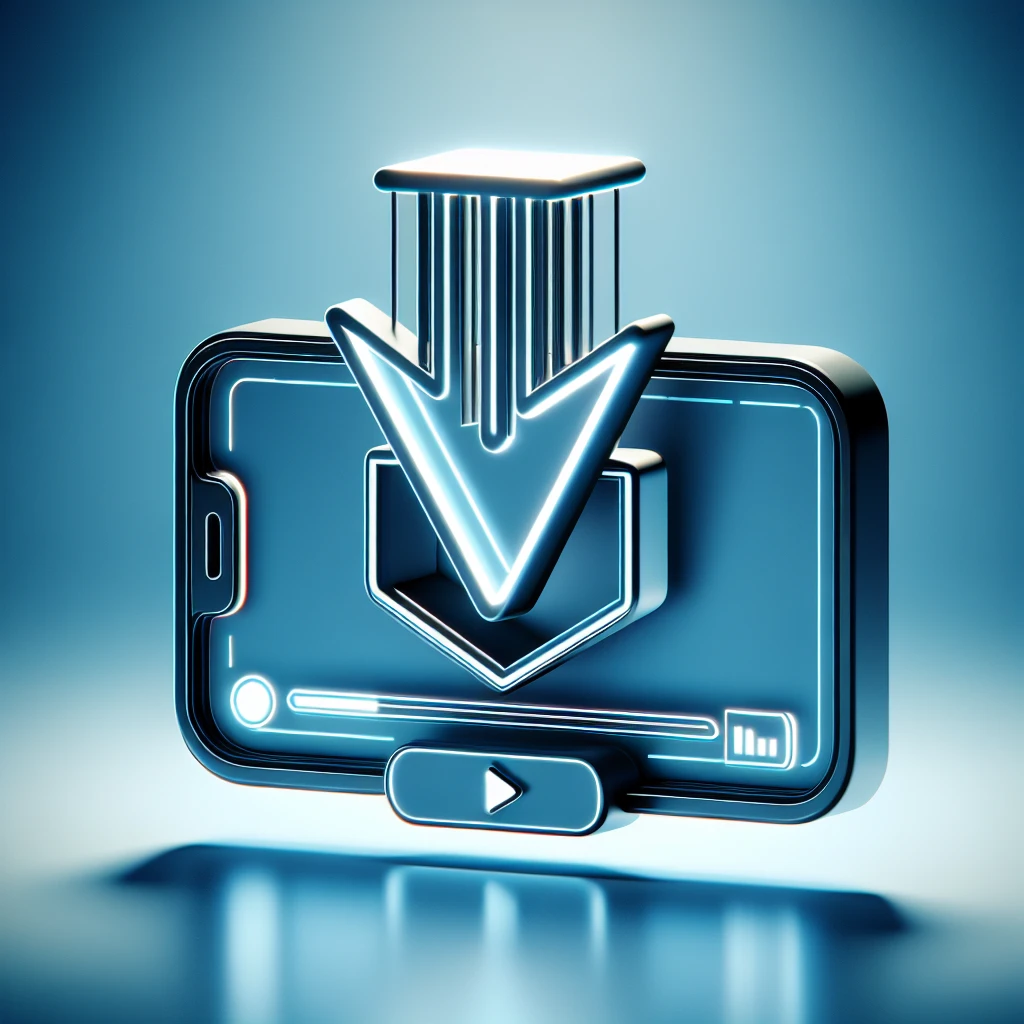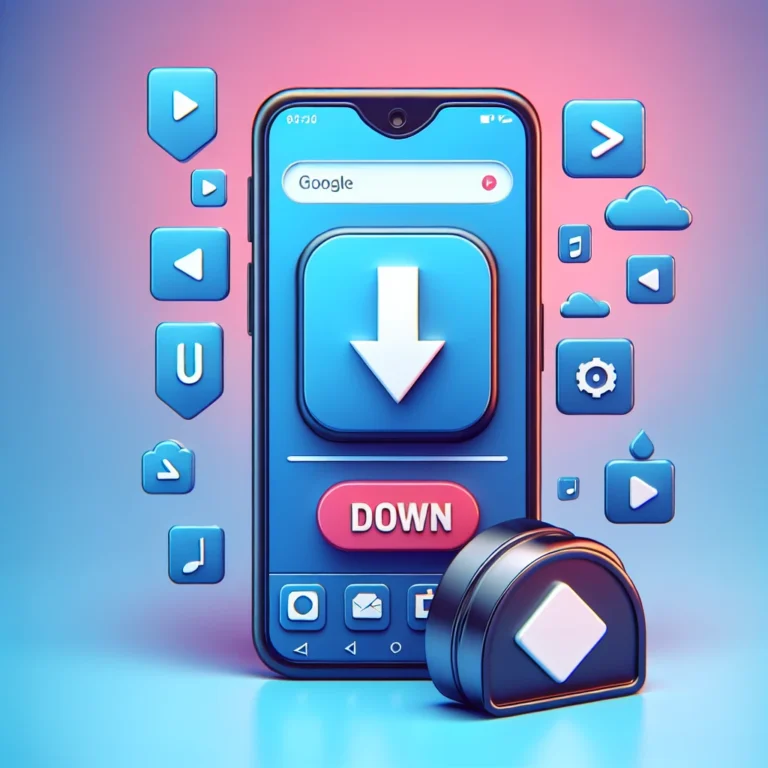
Effortlessly Download TikTok Videos with Snaptik: The Ultimate TT Video Downloader
Introduction
In the vibrant world of TikTok, finding a reliable way to download your favorite videos can be challenging. Whether it’s for offline viewing or content creation, having a TT Video Downloader that you can trust is crucial. Snaptik offers an efficient and user-friendly platform to meet all your TikTok video downloading needs.
Why Choose Snaptik?
When it comes to downloading TikTok videos, Snaptik stands out for several reasons. From its user-friendly interface to its powerful downloading capabilities, here’s why Snaptik is the go-to tool for TikTok enthusiasts.
Seamless User Experience
Snaptik is designed with the user in mind. Its intuitive interface makes it easy for anyone to download TikTok videos without any hassle. Simply copy the link of the TikTok video you wish to download, paste it into Snaptik, and the tool does the rest.
High-Quality Downloads
Quality matters when downloading videos for offline use. Snaptik ensures that the videos you download are of the highest quality possible. Say goodbye to blurry or low-resolution downloads.
Fast and Reliable
Speed and reliability are at the core of Snaptik’s service. With rapid download speeds and a high success rate, you can trust Snaptik to deliver your favorite TikTok videos efficiently.
How to Use Snaptik
Using Snaptik to download TikTok videos is straightforward:
- Step 1: Visit TikTok and find the video you want to download.
- Step 2: Copy the video link.
- Step 3: Go to Snaptik and paste the link into the provided field.
- Step 4: Click the download button and wait for the process to complete.
Conclusion
Whether you’re looking to save TikTok videos for offline enjoyment or to enrich your content, Snaptik is an unbeatable TT Video Downloader that ensures high-quality, quick, and reliable downloads. Visit Snaptik today and see how easy it is to download your favorite TikTok videos.




Leave a Comment